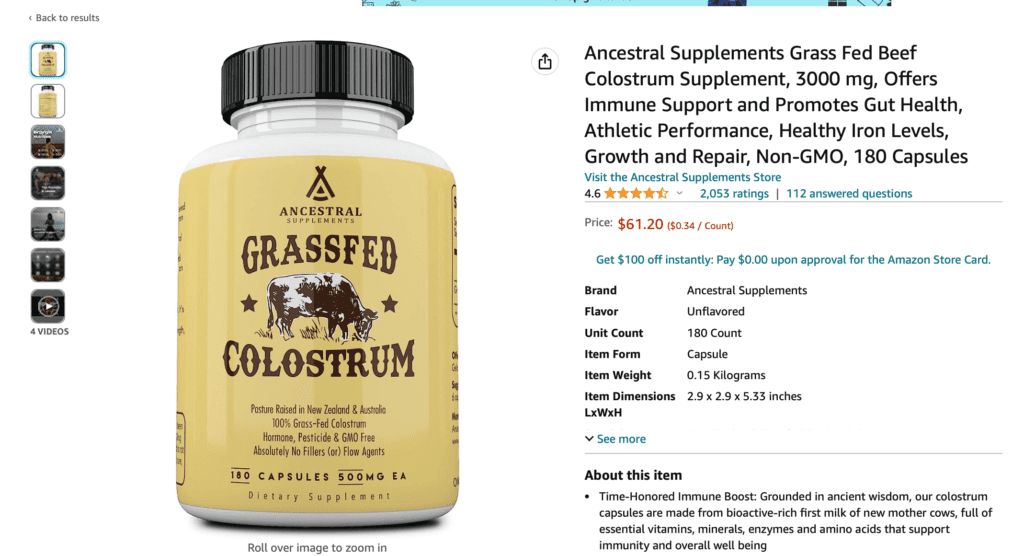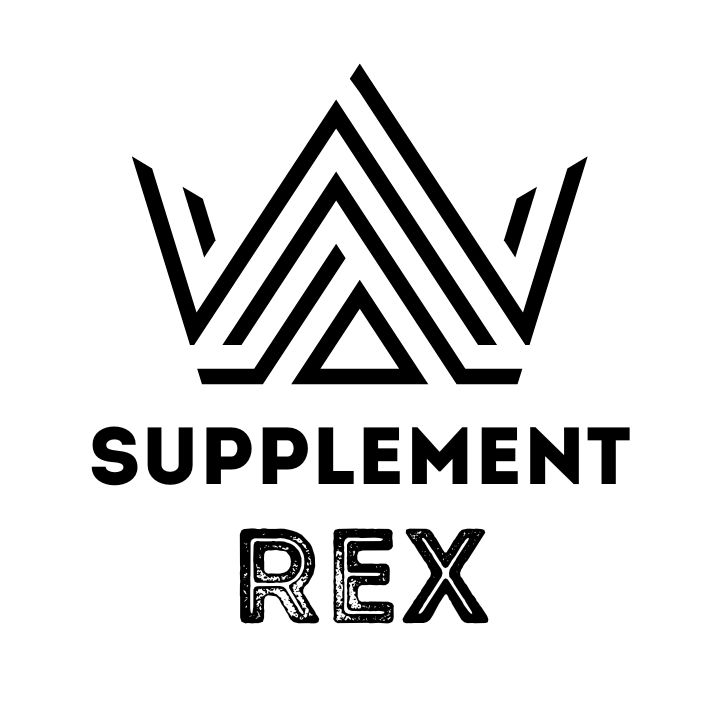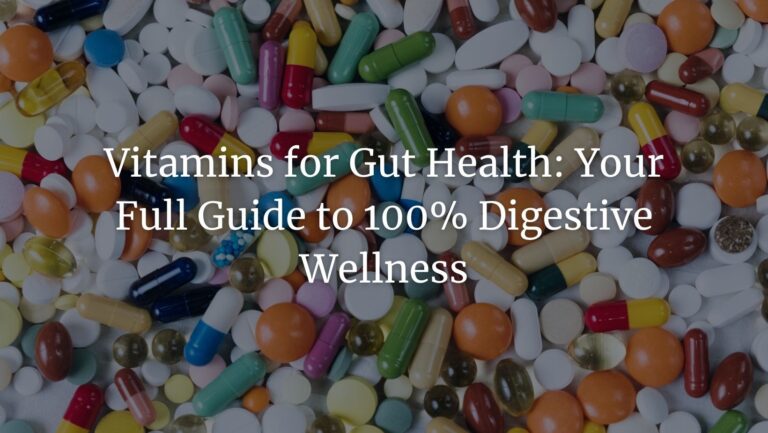Colostrum Supplement: 2023 Review by an MD
Are you interested in taking breast milk? It sounds crazy, but the colostrum supplement may have some pretty crazy benefits, too. Let’s talk about it and review it in detail (+ go over all the research on it with a critical eye!)
The first form of milk produced by the mammary glands (breasts) post-childbirth, colostrum is a nutrition powerhouse, bestowing newborns with a wealth of antibodies, proteins, and vitamins to ensure a strong start to life. Bovine colostrum, in particular, has received attention because of how easy it turns to a supplement – and, the host of potential health benefits for humans.
Promising research has highlighted the potential role of colostrum in bolstering immunity, enhancing gut health, and combatting diarrhoea. Some even claim it to be a game-changer in the health and fitness world.
Yet, as with all health phenomena, we have to look at these claims carefully, balancing the hype with scientific scrutiny. In other words – you can’t believe everything you hear, even if you hear it from your fittest friend or favorite fitness influencer. That’s what I’m here for.
Hey, I’m Denny and I’m a medical doctor who writes about nutrition and supplements. In this article, I will cover:
- The evidence-based health benefits and possible risks associated with colostrum supplementation.
- Who might benefit most from taking colostrum supplements and who should steer clear.
- Practical tips on how to incorporate colostrum into your daily routine.
- A recommendation for the best colostrum supplement on the market in 2023.
The goal is to give you a clear, balanced view on colostrum supplements so you can make informed decisions about your health and wellness. So, let’s get right to it:
What Can Colostrum Do For You?
Colostrum has been garnering a reputation for its numerous potential health benefits. It’s particularly popular in the gym/fitness/bodybuilding world, but the perks aren’t just for athletes. Let’s dissect these claims, examining the scientific evidence backing them up.
Immunity Benefits
Colostrum is very rich in immunity-boosting molecules. It has a bunch of antibodies (which would go from mother to baby to protect the offspring), as well as the compound called lactoferrin, which also has several immune properties.
But does it work for humans taking the colostrum supplement? Well, we do have some studies that say so, actually.
For instance, a 12-week study involving 35 adult distance runners showed that a daily intake of bovine colostrum supplement escalated the amount of saliva IgA antibodies by a whopping 79% compared to their initial levels. These antibodies are pivotal in protecting our body against harmful pathogens, especially against airborne disease-causing viruses and bacteria.
In other words, the IgA increase potentially protected these runners from pathogens that could’ve gotten them sick.
In another randomised controlled trial involving 29 male cyclists, taking 10 grams of bovine colostrum daily for 5 weeks helped prevent the post exercise decrease in immune cells. It also helped prevent the drop in antibodies that happens after high-intesity exercise.
When researchers looked at the colostrum-taking group Vs placebo, they noticed people taking the supplement got fewer upper respiratory illnesses. So, in this case, we have direct proof that colostrum helped prevent disease. That’s neat, right?
Gut Health and Digestion
Research has also pointed towards the gut health and digestive benefits of bovine colostrum.
A study with 87 adults suffering from HIV-related diarrhea discovered that taking 100 grams of bovine colostrum daily, improved their symptoms an additional 21% compared to just regular therapy. In this case, people were either taking just medication or medication plus colostrum.
But, again, the perks weren’t limited to just one specific group. Another trial showed colostrum can help prevent traveler’s diarrhoea. This is a sign the supplement is also good for gut health – because we know when you have enough “good bacteria”, you’re less susceptible to these issues.
And, speaking of gut health, colostrum was also helpful for one of its major consequences. We have another trial looking at 12 athletes prone to intestinal permeability saw the supplement preventing 80% of the issue (which was brought by their high-intensity exercise). We also have a couple of studies on colostrum enemas, but these are arguably less practical and not available to the average person.
Weaknesses in The Evidence
While these studies yield encouraging results, they come with an important caveat: small sample sizes. Small-scale studies might have results that do not represent the larger population accurately. Therefore, though these findings highlight the potential benefits of bovine colostrum, they may not be universally applicable. More comprehensive studies with larger sample sizes are required to conclusively establish the benefits of bovine colostrum supplements.
And, the additional caveat comes from the groups researched. In most of the studies we have on colostrum supplements, they either looked at athletes, people with a specific condition, or people at risk for that condition. We haven’t researched the supplement in the general population. It’s also not a super popular supplement, either, so we can’t look at this in the large group of those taking it… because, there is no large group.
All that said, these are some promising results for a relatively low-risk supplement. So, let’s move on and talk about who will benefit from the colostrum supplement more and how to take it for best results.
Guide to Colostrum Supplements: Practical Tips
So, armed with the science behind colostrum supplements, let’s talk about who will benefit from them most – and who is better off avoiding them. Then, we’ll move on to practical tips for taking colostrum and getting the most of it:
Who Should Consider Colostrum Supplements
Based on available research, I particularly recommend bovine colostrum supplements to these groups:
- Athletes: A number of studies highlight the benefits of colostrum for athletes, including improved recovery, bolstered immunity, and enhanced gut health, especially in relation to high-intensity physical activity. If you’re a long-distance runner or cycle regularly, you’re very similar to the participants in the two studies I quoted above. But, even if you’re in another sport, it’s likely that colostrum supplements can have some of these similar perks.
- Those Looking for an Immune Boost: If you find yourself frequently falling ill, incorporating colostrum supplements may help strengthen your immune system. But there’s an important disclaimer here – it’s crucial to consult with your doctor first to rule out any underlying health conditions.
- People with Digestive Discomfort: Are you getting diarrhea often? Feeling nauseous? Getting abdominal cramps? Some of these issues are potentially related to gut health. And, because of colostrum’s gut health perks, it can support your way to recovery. It’s specifically good for intestinal permeability where we also have a trial to prove the benefits. Again, important disclaimer here – the trial was in athletes, so once again it proves athletes are one of the groups that would benefit most from the supplement.
And there you have it. These are the three groups that would get the most out of colostrum. But there are also people who should probably steer clear. Let’s look at them next:
Who Should Avoid Colostrum Supplements
Certain individuals should exercise caution before including colostrum in their regimen:
- Dairy Allergies: If you’re allergic to milk or dairy, it’s advisable to avoid bovine colostrum due to its dairy origin.
- Severe Lactose Intolerance: While not all who are lactose intolerant will react to colostrum, if your lactose intolerance is severe, it’s safer to avoid it.
- Allergies to Additives: If you’re allergic to common additives used in dietary supplements, colostrum might not be the right choice for you. Double check to see if your powder doesn’t have the additive or skip it altogether.
Finally, some studies have found traces of Salmonella in a few colostrum supplements. These cases are rare, so the risk is low for most. But, if you’re pregnant or breastfeeding, an infection could have bigger consequences. So, in those cases, it’s best to steer clear of colostrum supplements as a precautionary measure.
How to Incorporate Colostrum Supplements
For colostrum supplements, I recommend opting for the capsule form because it’s easiest to take. But, not all colostrum options are created equal. Here’s what to look out for when you’re choosing your supplement:
- Safety first. Supplements aren’t regulated as tightly as medications. So, some of them can contain harmful fillers or they might be produced in a less-than-secure manner. You want to pick a brand that does third party testing (because their own testing will always be biased) and follows Good Manufacturing Practices (GMPs). This will also protect you from Salmonella contamination as part of the process is pasteurising the product.
- Follow the instructions on the label. Although pasteurised, this is still an animal product. If you don’t store it right, it’s definitely prone to spoiling. And, follow the dosage instructions, too. Never take more than the producer has indicated.
- Look for grass-fed, pesticide-free colostrum. Colostrum, just like breast milk, is affected by the animal’s diet and the way it’s raised. Look for colostrum that comes from grass-fed animals that haven’t been exposed to pesticides or antibiotics (both of which can find their way into the product.)
And, in terms of the way you take it, consistency is key. Aim to incorporate it into your daily routine, much like brushing your teeth or taking your vitamins.
Lastly, it’s essential to remember that colostrum, or any supplement for that matter, is not a magic bullet. The most effective use of a supplement comes from its integration into a balanced diet and overall healthy lifestyle. Pair your colostrum supplement with regular exercise, adequate sleep, proper hydration, and a diet full of fruits, vegetables, lean proteins, and whole grains to maximize its potential benefits.
Best Colostrum Supplement of 2023: Ancestral Supplements Grass Fed Beef Colostrum Supplement


So, which colostrum supplement do you go for? My recommendation is the Ancestral Supplements Grass Fed Beef Colostrum Supplement – and with over 2000 reviews and an overwhelmingly positive rating, it’s clear that others agree.
For me, Ancestral Supplements checks all my boxes for quality, purity, and sustainability. They guarantee their product contains no GMOs, pesticides, or hormones. Ancestral Supplements also ensure their colostrum supplement is 3rd party lab tested for quality, thus maintaining high standards. And, of course, they also follow Good Manufacturing Practices in the processing and packaging of their supplements, lowering the risk of contaminated supplement.
I also like this one because it’s a very simple, free-of-unnecessary-stuff formula. You don’t have fillers or flow agents in this product so it’s also good if you have allergies to common supplement additives.
The colostrum is harvested from small family ranches in New Zealand. Any animals treated with antibiotics are not used for colostrum harvest, which means you’re not accidentally exposing yourself to antibiotics (and the gut health damage to follow).
Finally, this is a more convenient supplement form. Compared to powder (which is what many supplements come in), it’s easier to take and doesn’t taste weird. You get the same benefits either way, so I’d personally go for capsules any day.
Conclusion
Dietary supplements can be, well, a lot to swallow (excuse the lame pun). There’s so many options out there, some with better science to back them up, some with worse.
Bovine colostrum supplements, with their potential immune-boosting and gut health-enhancing properties, have emerged as a promising addition to your dietary regimen. Do we need more research? Sure, absolutely. Small studies can’t give universally true results. But what we’re seeing so far is really promising, especially for athletes and for those struggling with gut health problems.
Ultimately, a dietary supplement like bovine colostrum is just one piece of the wellness puzzle. It works best in conjunction with a balanced diet, regular exercise, adequate sleep, and a healthy lifestyle. It’s also important that you pick a high-quality option.
For me, the Ancestral Supplements Grass Fed Beef Colostrum stood out as a top recommendation, shining in its commitment to quality, purity, and sustainable practices. However, remember to always consult with your healthcare provider before incorporating any new supplement into your diet.
Here’s to taking charge of your health journey with informed choices and embracing a path to optimal wellbeing!







